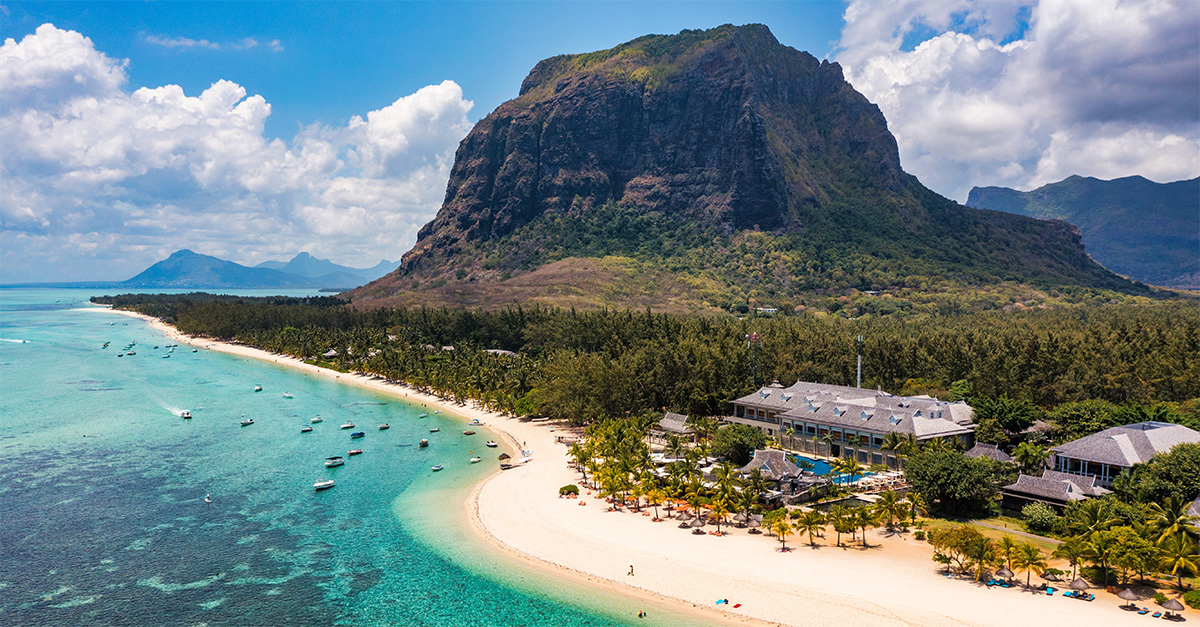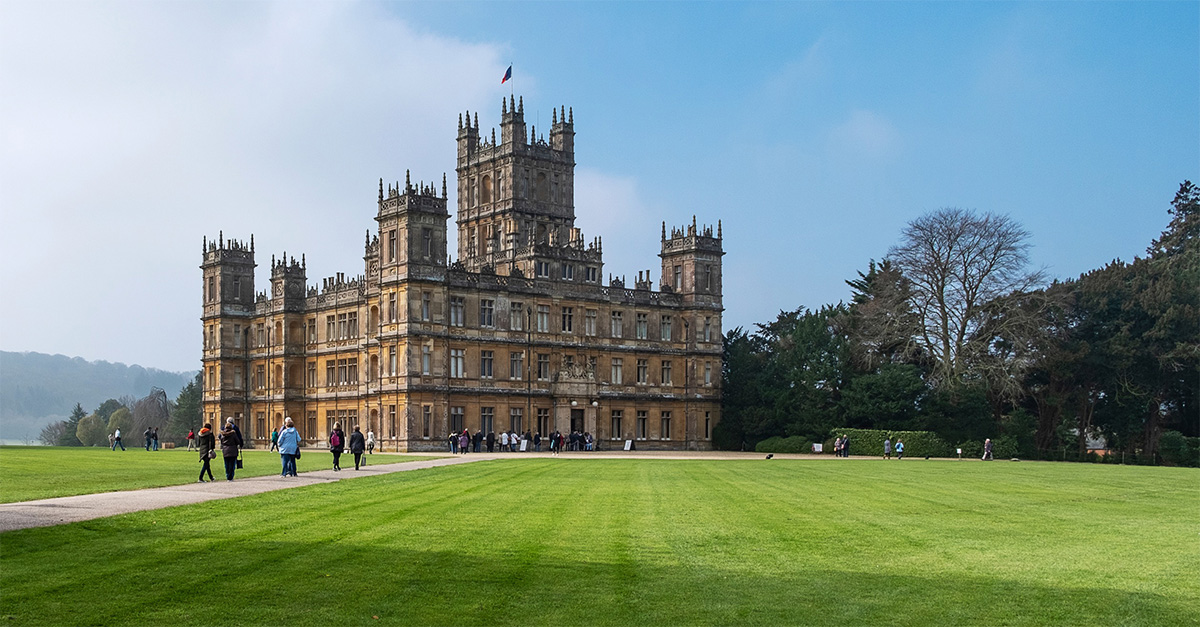Premium cabins are undergoing a radical shift, says Martin Ferguson
Like this and want more details? Click here to download and save as a PDF.
Picture this: you’re on an aircraft, sitting in an ultra wide seat, in front of a 48cm HD TV that’s wired into a state-of-the-art inflight entertainment system; there’s a Giorgio Armani washbag, and you’re offered caviar on demand and champagne on tap.
Sounds like luxury? Qatar Airways seems to think so, though it took a while to be sure. The airline was supposed to unveil First Class suites on its Airbus A380 operating between London and Doha back in June.
A four-month delay ensued because bosses thought the product was “not high quality enough”. It certainly seems to be now. And an upper deck spot on the superjumbo will set your customers back anything from £4,000.
However, the price of Qatar’s five-star cabin is a drop in the ocean compared to a product scheduled to hit the marketplace on December 27. The Residence is a three-room suite in the First Class cabin of Etihad’s A380 fleet.
The 125sq ft apartment has a double bedroom with en suite bathroom, and a living room with a 32-inch flatscreen TV, two couches and a fridge. There will even be a Savoy-trained butler at one’s service for the duration of the flight.
The price? A cool £25,000 – and that’s one-way.Qatar Airways, Etihad and Emirates have taken first-class travel to a new level of luxury in recent years. But their investment in ultra-premium products comes at an unusual time for the global airline sector. Monthly figures published by the
International Air Transport Association (Iata) show that the volume of premium bookings (that’s seats in First, Business or Premium Economy classes) has bounced back since the industry dwindled when the global economy crashed. But while premium economy and business class sales are going through the roof, demand for traditional first is deteriorating.
Hard Times
There are many reasons for this trend. Ultimately, buying habits in leisure and business travel markets are changing. The majority of network carriers make most of their money from high-yield business travellers.
These road warriors travel on unrestricted tickets and need the comfort and convenience of a flatbed to stay fresh for work, which pushes up the ticket price considerably.
But since the credit crunch, an increasing number of people frown upon businesses and organisations that allow employees to spend on lavish air travel products. Just last month, the prime minister of India had to ban first-class travel for politicians and civil servants because of a public outcry over expenses.
Across the globe, many of those who used to fly first are now back in business. Those who once took business class for granted find themselves in premium economy or economy, particularly on daytime and short haul flights.
John Strickland, an independent aviation consultant, remembers the 1980s when British Caledonian could fill huge first-class cabins on daily flights between Gatwick and Lagos. “It was a great example of a route where you were certain to fill every seat,” he recalls. “But demand for first class is now falling across the board. Some airlines like KLM don’t have it at all. Others, such as Qatar, have it only on certain routes.”
First Among Equals
These new trends have forced airlines to revisit how they invest in products, and how to divide floor space on planes.
Aviation expert Andrew Solum, a director of TIA Global, says: “There is only a limited market for first class nowadays and airlines have responded accordingly. For those passengers wishing to shell out on extra space and à la carte service on long-haul journeys there is limited availability. At the same time, carriers that position business class as their top product are encroaching on other carriers’ first-class cabins with amazing levels of service, comfort, space and technology.”
Solum’s last point is interesting on a number of levels. So much money has been invested in business-class products that in many cases it is impossible to tell the difference from first class.
In the corporate world this development has been warmly received. Travellers receive first class treatment but can say they flew ‘only’ business class. This can be seen no more clearly than with United Airlines, whose premium cabin is branded BusinessFirst.
None of this is to say first-class travel will soon be dead. It’s precisely because of the decline of the traditional model that we have seen the emergence of the super-luxury products pioneered by Middle Eastern and Asian carriers. Culturally, in both the leisure and business sectors, there will always be demand from those who must travel in the highest class available.
Scale of Luxury
High net-worth customers do not compromise on premium travel, according to Andrew Barker, managing director of west London-based Hurlingham Travel, an agency in one of the UK’s most affluent areas.
“We only really book first-class tickets, with a little bit of business class in the mix,” he says. “If anything, we are seeing a clamour, particularly among celebrities and wealthy bankers, for the most exclusive travel available. So we are booking a lot of private jets for European and Middle Eastern destinations.”
Ken McLeod, a director at the Advantage Travel Partnership, agrees. He says: “The type of people travelling on the most expensive holidays do not want to sit anywhere near the back of the bus just to save a few pounds. You see more variation further down the scale, especially with families. Parents may pay extra to have that upgrade to business or first, whereas the kids will be sat back in premium economy.”
He highlights that these days agents have access to a lot of good-value premium fares, which enables them to pass savings to their customers. “A lot of airlines put ITZ [inclusive tour fares used by operators] into the marketplace, which makes a premium seat a lot more affordable than if one were to try to book with the airline direct. It’s a good selling point for agents.”
Buying Patterns
Alison Hackett, founder of Surrey-based Travel Essence, says other factors are also at play. “Loyalty is key, and it drives a lot of my clients,” she says. “A lot of them acquire air miles on business, and then look at where they can go on the airline network to use them.”
Hackett says her clients also look at flying at less popular times of the day or days of the week to get a value-for-money premium seat.
Tony Bassett, owner and manager of Sunninghill Travel in Ascot, has noticed an evolution in what his clients book. “The length of a flight has a lot to do with it,” he says. “A customer may be staying in a luxury property or resort in Europe, but as the flight time is only two or three hours they will happily sit in economy. Of course, there are others that always book business, and some who ask for private helicopter transfers.”
But Bassett says consumers are less prepared to compromise on flights of four to six hours and more. “If it’s Greece or the Canaries we may sell extra legroom. But on anything longer, such as flights to Singapore and down to Australia, people demand premium economy at the very least, with most opting for business class.”
The impact of maturing low cost carrier business models may also be having an impact on premium short-haul numbers, says Solum. These carriers cater for a part of the market that is price-conscious and less concerned with space, on-board service and lounge access.
“There are decent options with JetBlue, JetStar and easyJet,” he says. “This has eroded the legacy carriers’ premium cabin offerings. JetBlue now offers lie-flat beds on US transcontinental services from New York to Los Angeles and San Francisco. Even easyJet, which once focused only on leisure travel, is wooing business travellers in Europe, as is Ryanair. They are all chasing more money from their customers, but also responding to customer demand.”




